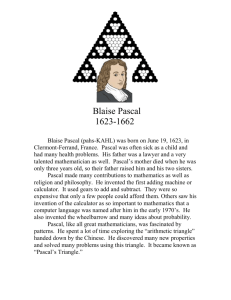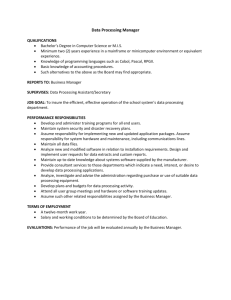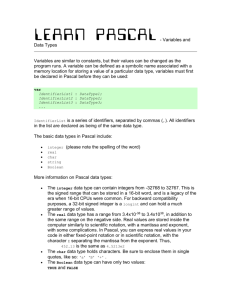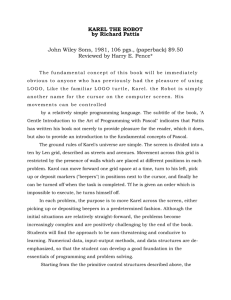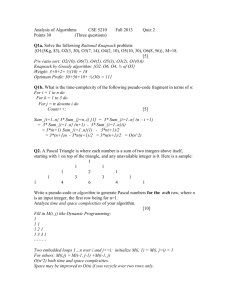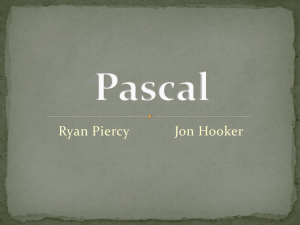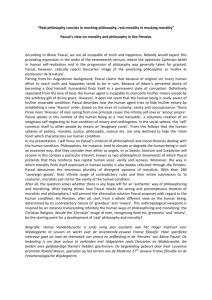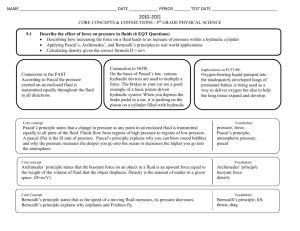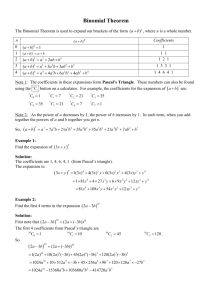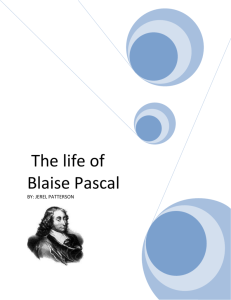Dear Radim,
advertisement
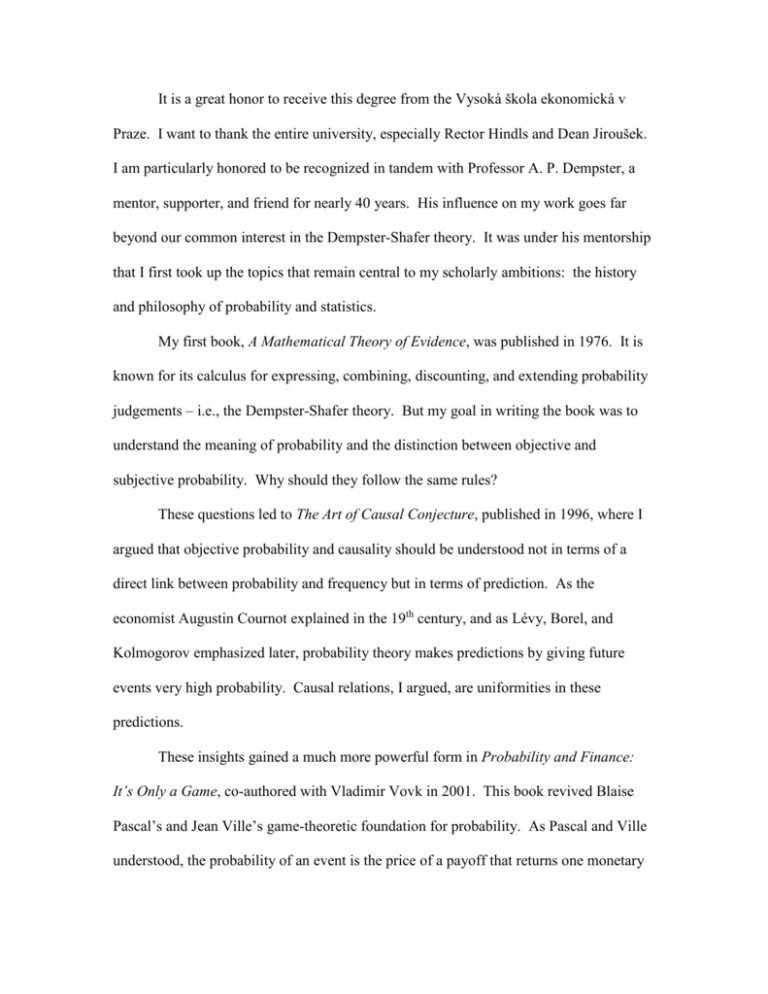
It is a great honor to receive this degree from the Vysoká škola ekonomická v Praze. I want to thank the entire university, especially Rector Hindls and Dean Jiroušek. I am particularly honored to be recognized in tandem with Professor A. P. Dempster, a mentor, supporter, and friend for nearly 40 years. His influence on my work goes far beyond our common interest in the Dempster-Shafer theory. It was under his mentorship that I first took up the topics that remain central to my scholarly ambitions: the history and philosophy of probability and statistics. My first book, A Mathematical Theory of Evidence, was published in 1976. It is known for its calculus for expressing, combining, discounting, and extending probability judgements – i.e., the Dempster-Shafer theory. But my goal in writing the book was to understand the meaning of probability and the distinction between objective and subjective probability. Why should they follow the same rules? These questions led to The Art of Causal Conjecture, published in 1996, where I argued that objective probability and causality should be understood not in terms of a direct link between probability and frequency but in terms of prediction. As the economist Augustin Cournot explained in the 19th century, and as Lévy, Borel, and Kolmogorov emphasized later, probability theory makes predictions by giving future events very high probability. Causal relations, I argued, are uniformities in these predictions. These insights gained a much more powerful form in Probability and Finance: It’s Only a Game, co-authored with Vladimir Vovk in 2001. This book revived Blaise Pascal’s and Jean Ville’s game-theoretic foundation for probability. As Pascal and Ville understood, the probability of an event is the price of a payoff that returns one monetary unit if the event happens and zero otherwise. In 1654, Pascal advocated this gametheoretic definition of probability in opposition to Pierre Fermat’s combinatorial or measure-theoretic definition. Recall Cournot’s principle: a probabilistic theory makes contact with the world only by predicting salient events to which it assigns very high probability. In 1939, Ville showed that if we start where Pascal started, then this can be restated: a probabilistic theory makes contact with the world only by predicting that a simple strategy for betting against its probabilities will not multiply the capital risked by a large or infinite factor. As Vovk and I pointed out, this is an efficient market hypothesis. A foundation for probability has merged with a foundation for finance. The greatest advance of Probability and Finance is to make clear the generality of Pascal’s and Ville’s insights. Betting opportunities may be too sparse to define a joint probability distribution for outcomes. A forecaster may give probabilities only for the next round of play. A market may give only a price rather than a probability distribution. Pascal’s definition then produces only upper probabilities, but a very small upper probability has the same interpretation as a very small probability: the event will not happen, for otherwise there is a strategy that vastly multiplies the capital risked. We obtain generalizations of classical limit theorems that apply directly to financial markets. In the 20th century, blind chance, anathema to scholars of earlier centuries, gained scientific respectability. The financial mathematicians so famed for recent disaster believed they had probabilistic models for how prices are determined. But according to game-theoretic probability, science is about prediction, not about how phenomena are determined. While encouraging a little more humility, this also narrows the gap between objective and subjective probability, because the difference between a personal and a scientific prediction is sometimes only a matter of degree – a matter of the extent of confirmation. In 1921, the celebrated Chicago economist Frank Knight used the situation of a businessman undertaking a series of projects to explain the real difference between objective and subjective probability. Objective probability, which he called risk, arises when outcomes are arranged in a sufficiently long series with feedback. Subjective probability, which he called uncertainty, arises when they are not. Here, too, gametheoretic probability brings new insight. In recent work, Vovk, Takemura, and I showed that when we make a series of predictions, with feedback about the outcome of each prediction before we make the next one, we can give probability forecasts that pass statistical tests – i.e., defeat strategies for multiplying the capital they risk. Here the forecasts can be called objective. But when we do not have the feedback, we must make judgements about the relevance of other experience. My work has gone full circle. As I argued against early critics of DempsterShafer theory, judgements of relevance or irrelevance, dependence or independence, in any theory of probability judgement, are constitutive of the judgements, not prior to them.
